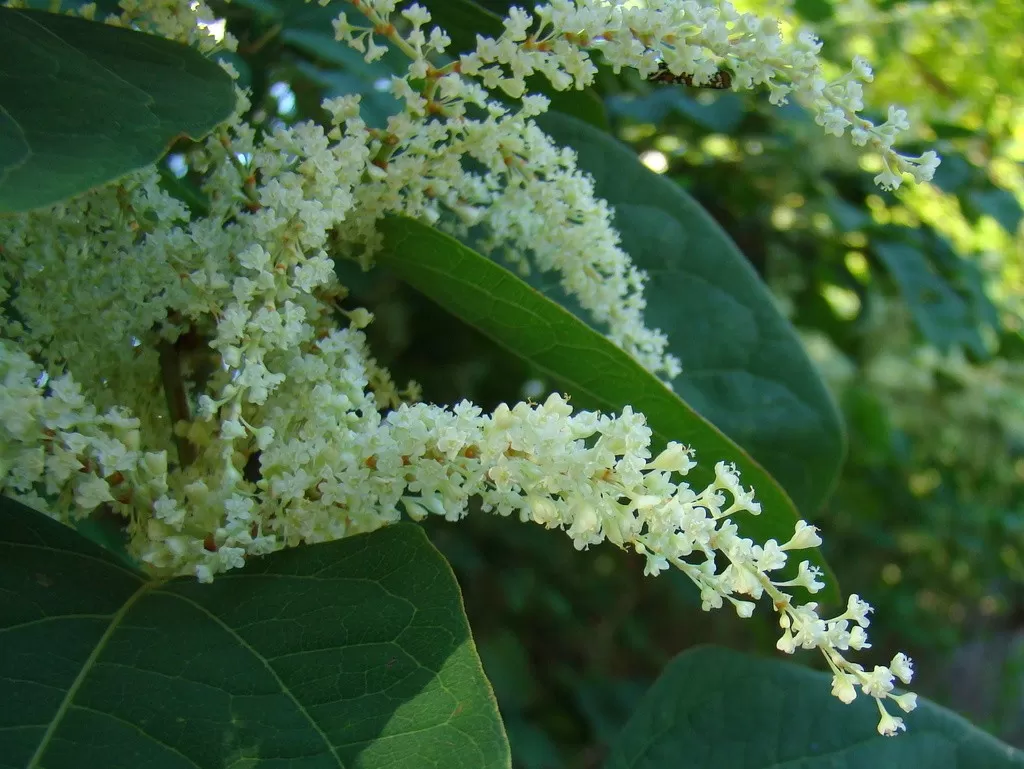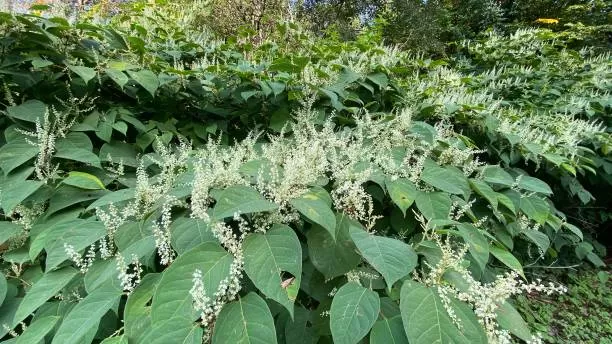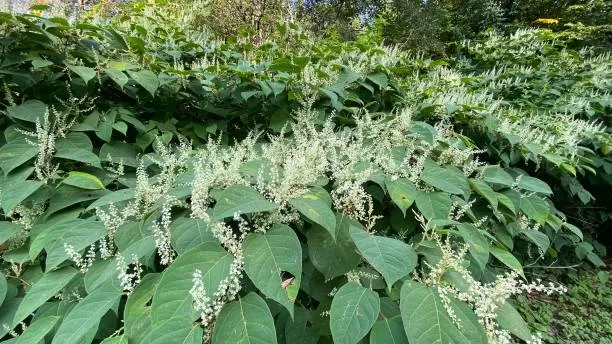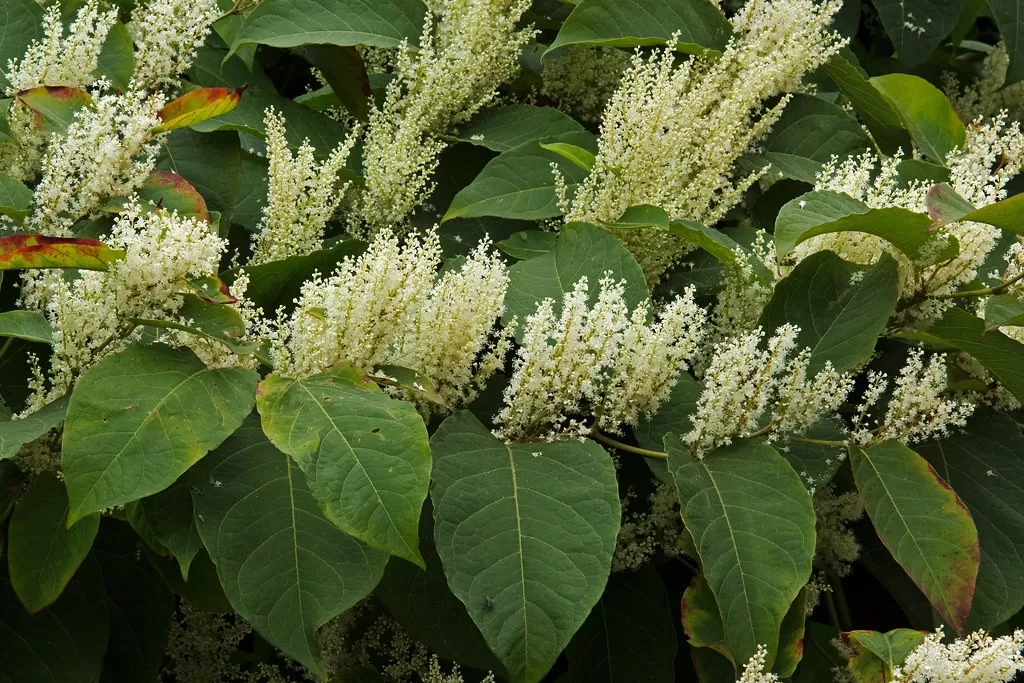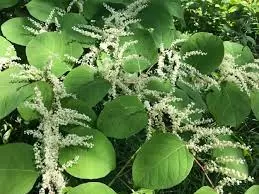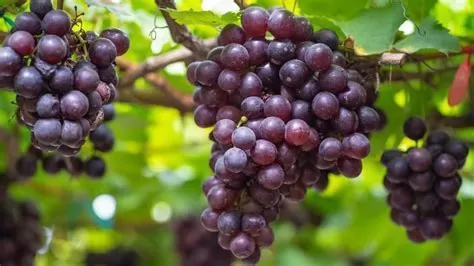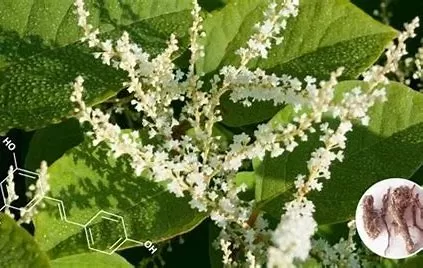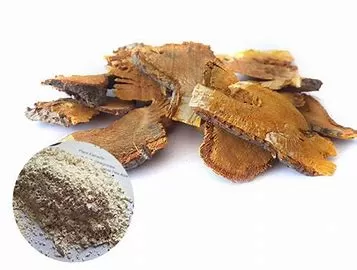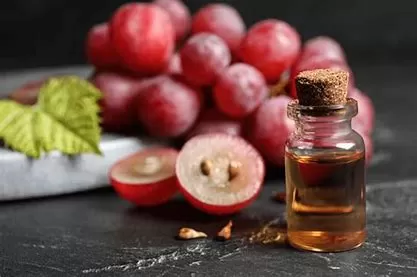- 0086-571-85302990
- sales@greenskybio.com
What is the best natural source of resveratrol?
2025-03-24
Resveratrol, a powerful plant compound known for its antioxidant properties and potential health benefits, has gained widespread attention in recent years. Often hailed as a key component of the "French Paradox," resveratrol has been extensively studied for its role in promoting cardiovascular health, reducing inflammation, and supporting longevity. Found naturally in certain plants, fruits, and foods, resveratrol is produced as part of a plant’s defense mechanism, helping to protect against environmental stress. However, what is the best natural source of resveratrol? This article delves into the top sources, benefits, and ways to integrate resveratrol-rich foods into your diet.
Understanding Resveratrol: The Antioxidant Powerhouse
Resveratrol is a polyphenol, a type of antioxidant found in plants. Its primary function in plants is to protect them from pathogens, ultraviolet radiation, and stressors. When consumed by humans, resveratrol offers a range of health benefits, including improving heart health, supporting brain function, and combatting oxidative stress. These benefits are attributed to resveratrol’s ability to neutralize free radicals and its role in modulating inflammatory pathways.
One of the factors that makes resveratrol so appealing is its association with longevity. Scientific studies in animals have indicated that resveratrol may mimic the effects of calorie restriction, which is linked to extended lifespan and improved metabolic health.
The Best Natural Sources of Resveratrol
While resveratrol can also be found in supplements, natural food sources offer the added advantage of providing other beneficial nutrients and compounds alongside resveratrol. Here are the top natural sources of this antioxidant compound:
1. Grapes
Grapes, particularly red and purple varieties, are one of the richest natural sources of resveratrol. The compound is concentrated in the skins of grapes, making them especially beneficial for health. Resveratrol is notably abundant in grapes used for winemaking, which contribute to its presence in red wine. Fresh grapes, grape juice, and grape-based products are excellent dietary sources.
The link between red wine and resveratrol has contributed to its association with cardiovascular health. Moderate consumption of red wine has been suggested to support heart health, although obtaining resveratrol from grapes themselves avoids the risks associated with alcohol.
2. Wine
Among alcoholic beverages, red wine stands out as an excellent source of resveratrol due to the fermentation process, which preserves and enhances the resveratrol found in grape skins. Resveratrol content can vary widely depending on the type and quality of wine. While sipping wine in moderation can provide some health benefits, excessive alcohol consumption offsets those benefits.
3. Peanuts
Peanuts are another natural source of resveratrol, although they contribute less of the compound compared to grapes and wine. These nuts provide an accessible and affordable option for incorporating resveratrol into your diet. Peanuts also pack healthy fats, protein, and other beneficial nutrients, making them a nutritious snack with added antioxidant properties.
In addition to roasted peanuts, peanut butter can contain resveratrol, though the exact amount depends on the type and brand of the product. This makes peanut butter a convenient alternative.
4. Berries
Certain berries, including blueberries, cranberries, and raspberries, contain resveratrol in smaller amounts. These fruits are already heralded for their high antioxidant content, fiber, and vitamins, making them a wholesome addition to your diet. Consuming berries regularly may offer comprehensive health benefits, including improved heart and skin health.
5. Cocoa and Dark Chocolate
Resveratrol can also be found in cocoa and dark chocolate. Cocoa, derived from the cacao plant, contains numerous antioxidants along with resveratrol, contributing to its reputation as a "superfood." Dark chocolate, especially varieties with high cocoa percentages, is a more concentrated source of these beneficial compounds compared to milk chocolate.
Including moderate amounts of dark chocolate in your diet can satisfy your sweet tooth while delivering antioxidants like resveratrol and other polyphenols. However, excessive consumption should be avoided due to its high calorie and sugar content.
6. Mulberries
Mulberries rank highly as a natural source of resveratrol. These fruits, often overlooked, are packed with various nutrients, including vitamins, minerals, and antioxidants. Mulberries can be enjoyed fresh, dried, or added to cereals, smoothies, or desserts.
Mulberries’ resveratrol content makes them particularly useful for combating oxidative stress and supporting immune health. As a versatile option, they can be incorporated into recipes with ease.
Other Sources of Resveratrol
In addition to the commonly known sources mentioned above, resveratrol is also present in smaller concentrations in other plants like Japanese knotweed (Polygonum cuspidatum), which is often used to produce resveratrol supplements. Red onions and pistachios contain trace amounts, adding some diversity to resveratrol-rich foods.
Maximizing the Benefits of Resveratrol
Adding resveratrol-rich foods to your diet is a simple way to leverage the health benefits of this potent compound. Here are strategies to maximize your intake:
- Eat Fresh Fruits and Vegetables: Incorporate grapes, berries, and mulberries into your daily meals and snacks. Fresh fruits are nutrient-rich and readily available.
- Choose High-Quality Dark Chocolate: Opt for dark chocolate with a cocoa content of at least 70% to maximize antioxidants while reducing sugar consumption.
- Drink Grape Juice: Grape juice offers concentrated resveratrol without the risks associated with alcohol. Look for brands that use red or purple grapes for higher resveratrol levels.
- Cook with Peanuts: Add peanuts or peanut butter to smoothies, salads, or oatmeal for a simple way to boost your resveratrol intake.
Conclusion
Resveratrol is a powerful antioxidant with numerous health benefits, from promoting cardiovascular health to supporting immune function. Grapes and red wine remain the best-known sources, but peanuts, berries, mulberries, cocoa, and dark chocolate offer additional ways to include this compound in your diet.
For most individuals, incorporating natural sources of resveratrol regularly through well-balanced meals is sufficient to reap its benefits. However, individuals with specific health conditions or dietary needs should consult healthcare providers before significantly increasing intake or using supplements. As scientific research continues to unveil the full potential of resveratrol, its role in fostering health and longevity remains undisputed. By embracing resveratrol-rich foods, you can add a potent antioxidant to your daily regimen while enjoying diverse, flavorful options from the plant kingdom.
-
Is resveratrol safe for the liver?
2025-03-24
-
Does Coffee Contain Resveratrol?
2025-03-24
-
What fruit is highest in resveratrol?
2025-03-24
-
Is resveratrol safe for kidneys?
2025-03-24





